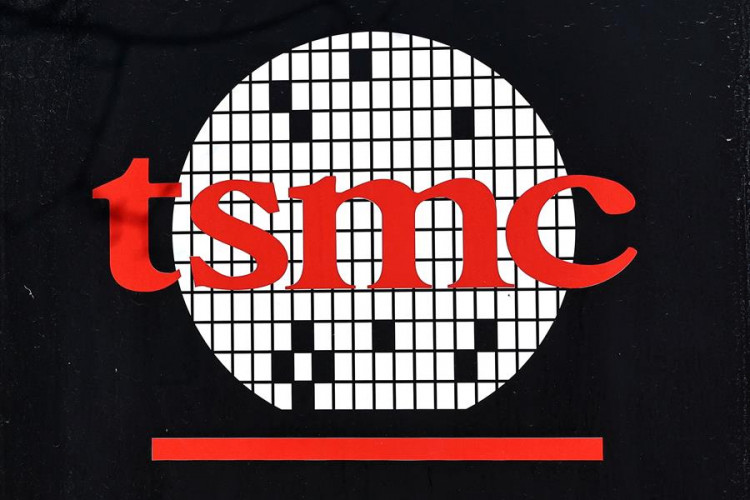Semiconductor stocks led Wall Street higher Thursday after Taiwan Semiconductor Manufacturing Co. (TSMC) raised its annual revenue forecast and posted record quarterly profits, reinforcing investor confidence in the global artificial intelligence boom. The upbeat report from the world's largest contract chipmaker helped extend this week's technology rally and offset renewed concerns over U.S.-China trade frictions.
The S&P 500 gained 0.3%, the Nasdaq Composite climbed 0.5%, and the Dow Jones Industrial Average advanced 110 points, or 0.3%. Shares of TSMC's major customers, including Nvidia, Apple, and Broadcom, all rose as traders bet on accelerating demand for AI infrastructure.
TSMC said Thursday it expects revenue growth in 2025 to reach the "mid-30% range," up from about 30% previously, and confirmed plans to spend up to $42 billion in capital expenditures this year. The company reported a nearly 40% jump in third-quarter profit, driven by surging orders for high-performance chips used in AI data centers.
"This isn't just a transient spike. TSMC's blowout quarter tells a clear story ... this is no longer a cyclical story, it's structural," said Kate Leaman, chief market analyst at AvaTrade. Her remarks echoed a sentiment increasingly shared across Wall Street that AI-related hardware remains a durable growth driver nearly three years after ChatGPT's debut.
The rally in semiconductors followed a string of multibillion-dollar deals underscoring the sector's momentum. A BlackRock-led consortium announced a $40 billion acquisition of data-center operator Aligned, while OpenAI and Broadcom unveiled plans to build 10 gigawatts of custom chips-enough to power more than 8 million U.S. homes.
Chipmakers and suppliers rallied across markets. Nvidia rose 1.2%, Broadcom climbed 2.4%, and Marvell Technology gained 1.3%. Memory makers also advanced: Micron Technology jumped nearly 4% after a bullish call from UBS, and Samsung Electronics added 2.8% in Seoul.
Salesforce was another standout, surging 6%-the best performance among Dow components-after the company projected revenue surpassing $60 billion by 2030, fueled by rapid AI integration into its cloud services. The optimism spilled into the broader tech sector, where heavyweights' earnings continued to offset volatility caused by geopolitical uncertainty.






